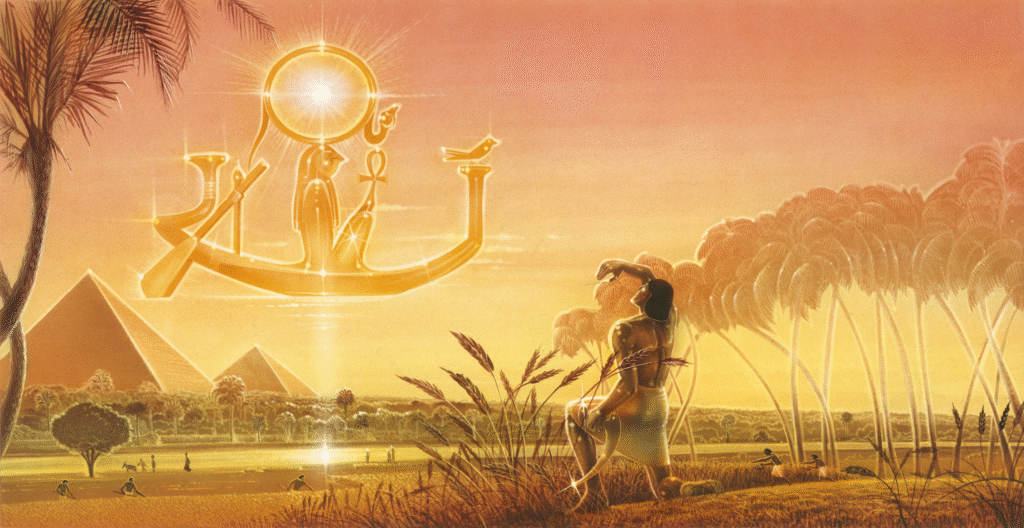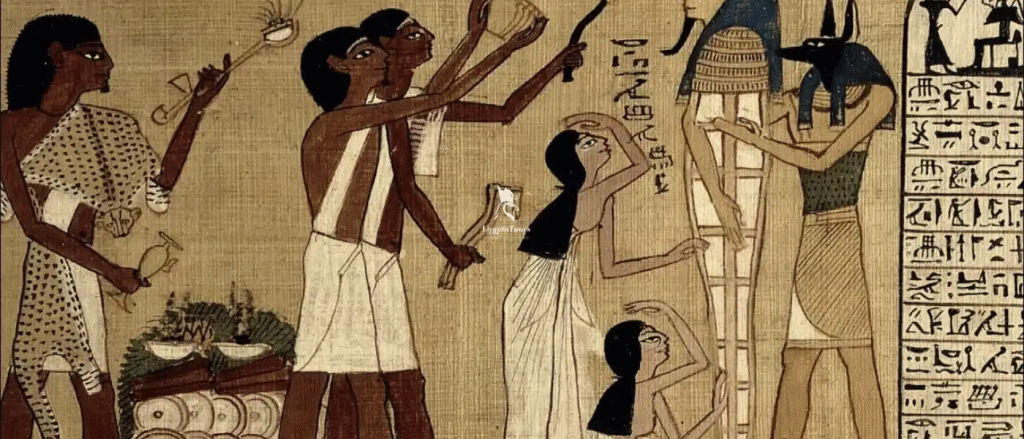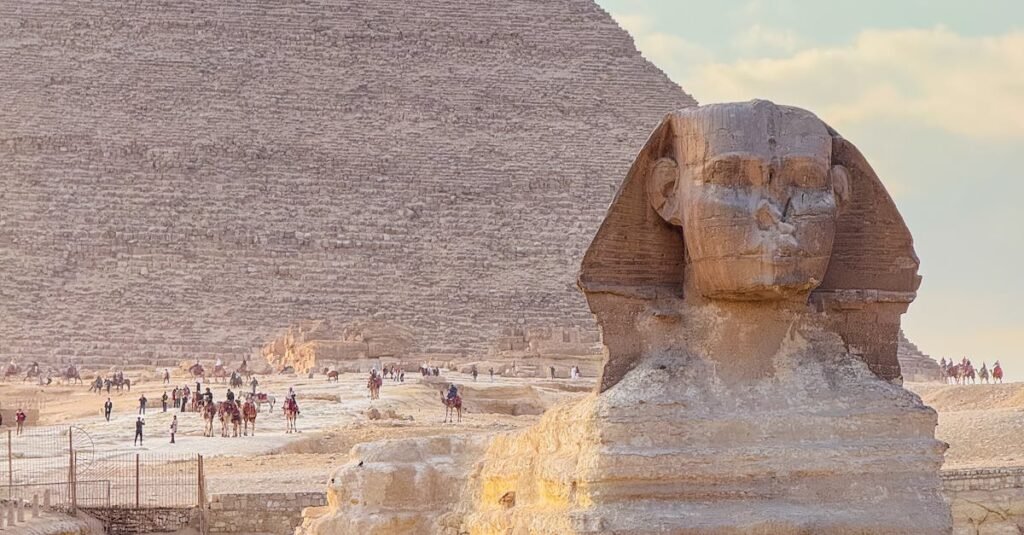Exploring the Wonders of Egyptian Mythology: From Ra to Anubis
Egyptian mythology is rich with fascinating tales of gods, goddesses, and creatures,Anubis, each playing a significant role in shaping the ancient Egyptian world. It’s a captivating journey into a belief system that intertwined the divine with daily life, guiding everything from the rising sun to the afterlife.
The Sun God: Ra

At the heart of Egyptian mythology stands Ra, the sun god. Revered as the creator of all life, Ra was seen as the ruler of the heavens, often depicted with the head of a falcon and a sun disk above him. Egyptians believed that Ra sailed through the sky in a boat, lighting the world during the day, and made his journey through the underworld at night to be reborn each morning. His presence was essential for sustaining life, making him one of the most powerful deities in the pantheon.
The God of the Afterlife: Anubis

Anubis, the god of mummification and the protector of the dead, played a crucial role in guiding souls to the afterlife. Often portrayed with the head of a jackal, Anubis ensured that the deceased were embalmed properly and their souls were weighed against the feather of Ma’at, the goddess of truth and justice. This judgment determined their fate in the afterlife—whether they would live forever in peace or face eternal suffering.
The Circle of Life: Osiris and Isis

While Ra and Anubis hold central roles in Egyptian mythology, the story of Osiris and Isis is one of the most enduring. Osiris, the god of the underworld, was loved by his people for bringing them agriculture and civilization. However, his brother Set, the god of chaos, was jealous and plotted to kill him. Osiris’s death and resurrection by his wife, Isis, became a symbol of rebirth and renewal, connecting life, death, and the afterlife in a continuous cycle.
Lesser-Known Deities and Their Impact

While Ra, Anubis, and Osiris are the most well-known figures in Egyptian mythology, there are countless other gods and goddesses with fascinating stories. For instance, Hathor, the goddess of love and motherhood, was often depicted as a cow or a woman with cow horns. Thoth, the god of wisdom, was the inventor of writing and the keeper of knowledge, guiding the judgment process in the afterlife. These deities, along with many others, added depth to the spiritual and everyday life of the ancient Egyptians.
The Legacy of Egyptian Mythology

The impact of Egyptian mythology goes far beyond just the stories themselves. These myths helped shape the culture, art, and architecture of ancient Egypt, influencing everything from the grand pyramids to the written hieroglyphs. Even today, their legacy continues to inspire various forms of art, literature, and pop culture.
Egyptian mythology reminds us that the ancient Egyptians were not just interested in gods and rituals, but in the deeper meaning of life and the afterlife. Their gods were reflections of natural forces, their myths symbols of life’s constant cycles. Through their stories, we are reminded of the eternal quest for understanding life, death, and the world beyond.
EgyptianMythology #Ra #Anubis #EgyptianGods #AncientEgypt #Mythology #GodsAndGoddesses #Osiris #Hathor #Thoth #AncientBeliefs #Afterlife #EgyptianCulture #MythicalLegends #AncientCivilizations#carrerbook#Anslation


About Mythology Facts